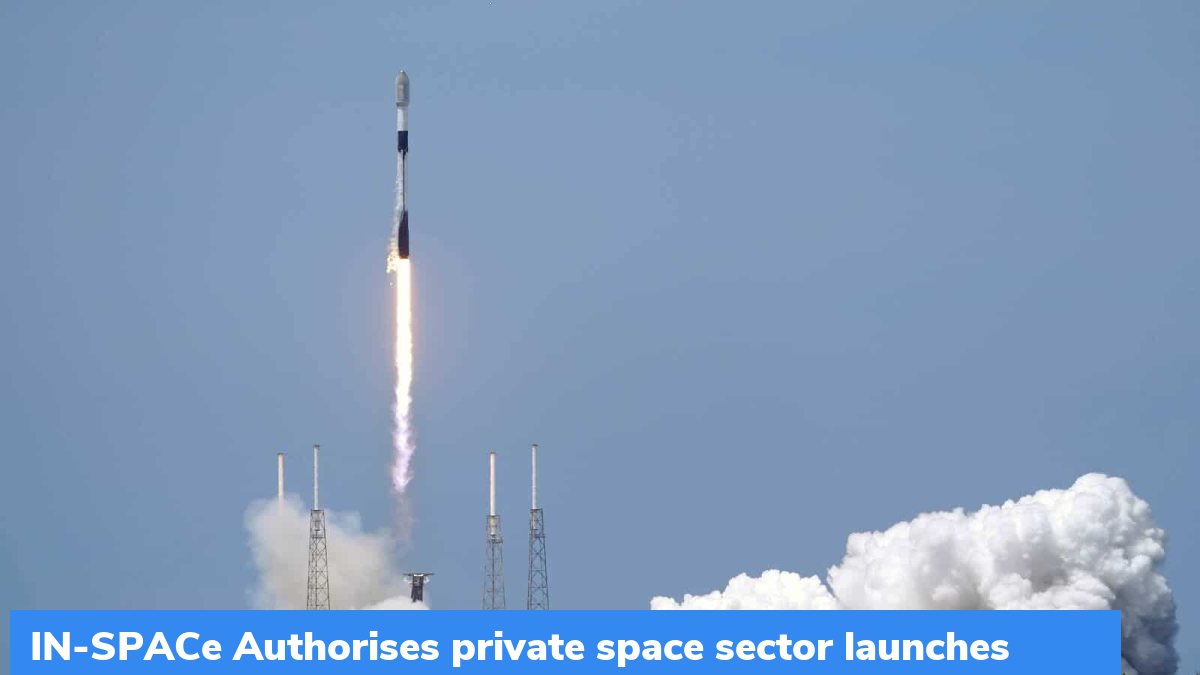IN-SPACe: Authorisation for Private Space Sector Launches
Indian Space Promotion and Authorisation Centre (IN-SPACe) has now allowed the private space sector launches in India and has started authorising Indian private firms.
Key Points
- On June 24, Dhruva Space Pvt. Ltd. of Hyderabad and Digantara research & technologies Pvt. Ltd. of Bengaluru, were authorised to launch their payloads.
- Dhruva Space Satellite Orbital Deployer (DSOD 1U) of Dhruva Space was authorised. It is a technology demonstration payload.
- ROBust Integrating Proton Fluence Meter (ROBI) of Digantara was also authorized. It is a Proton dosimeter payload.
- These payloads would fly on the PSLV Orbital Experimental Module (POEM) of PSLV-C53, which is scheduled to be launched on June 30, 2022.
- Digantara will launch a weather satellite. It will be used for weather monitoring from space through their patented technology.
- Dhruva Space will test its Satellite deployer technology, which can be deployed for international customers in future.
Dhruva Space
Dhruva Space is a space technology start-up, which focuses on building full-stack space engineering solutions. It is involved in building application-agnostic satellite platforms.
Digantara research and technologies
It is engaged in developing end-to-end solutions, that are focused on safe and sustainable space operations by means of its Space Situational Awareness sensor network, data products and platform.
PSLV-C53
PSLV-C53 is the 55th mission of ISRO. It is scheduled to be launched from Satish Dhawan Space Centre, Sriharikota, on June 30.
IN-SPACe
IN-SPACe will act as a single-point interface between the ISRO (Indian Space Research Organisation) and everyone who wants to take part in space-related activities, or use space resources of India. It will promote and guide the private industries in space activities by encouraging policies and friendly regulatory environment.
Why is private sector being encouraged?
Participation of private sector is being encouraged in space sector, so that, ISRO could concentrate on essential activities such as research & development, strategic use of space, and planetary exploration, and free itself from ancillary or routine work which private industries could take up easily.
Month: Current Affairs - June, 2022
Category: Science & Technology Current Affairs


